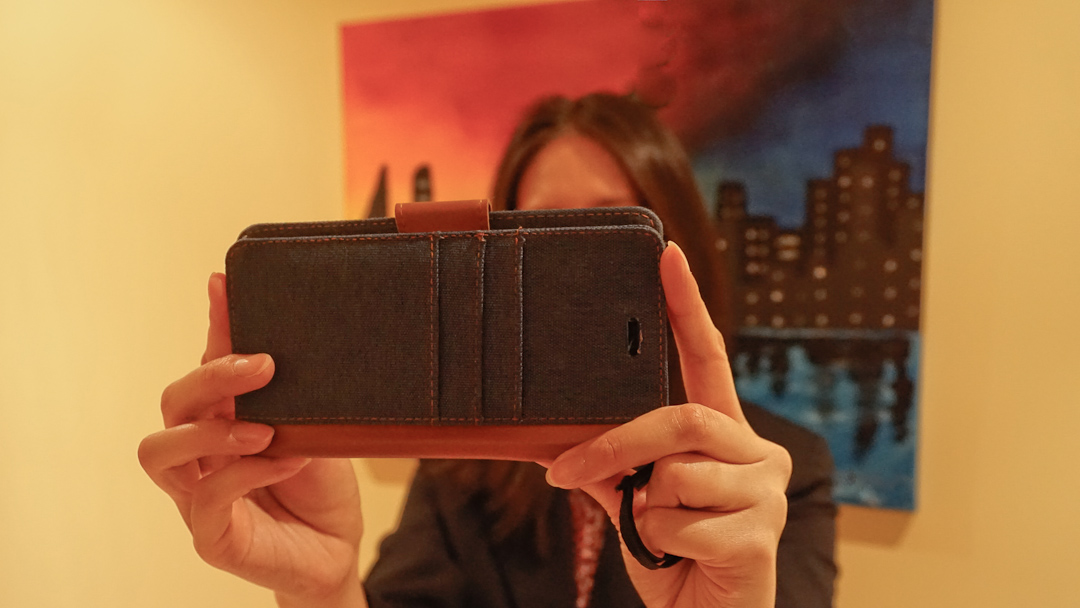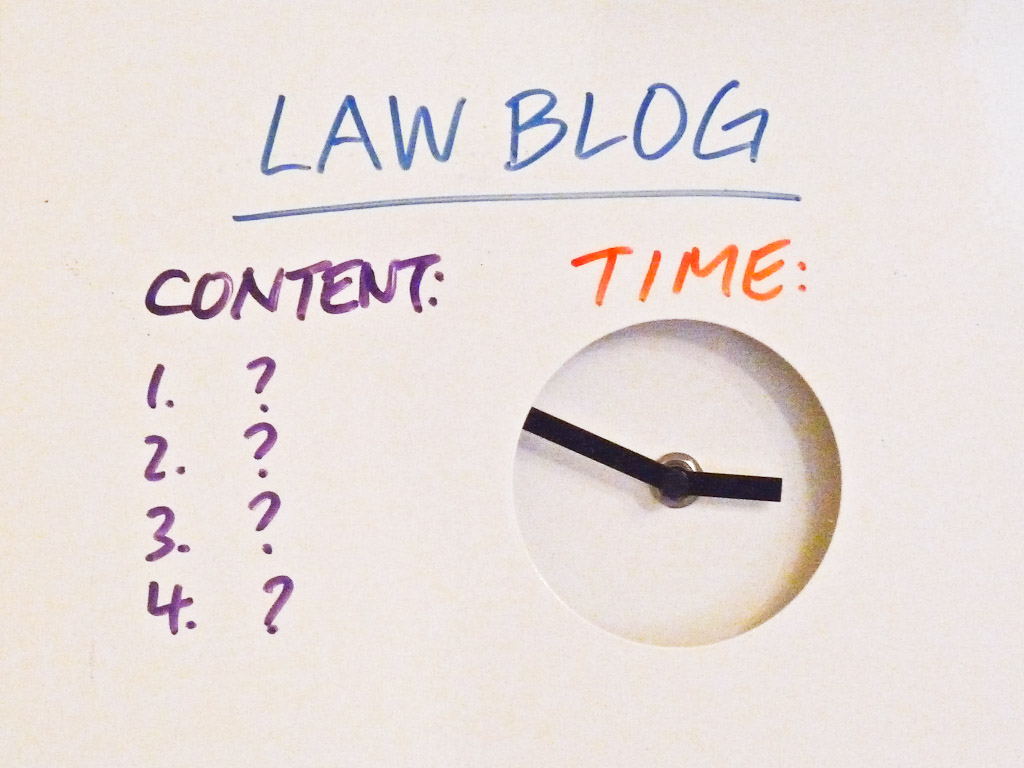
Are You Thinking About Copyright Before Posting on Social Media?
Especially with the prevalence, ease of sharing, and power of visuals on social media and the internet, it’s important to be aware of some copyright issues when using social media to promote yourself. You wouldn’t want to receive a notice stating that you swiped an image off the internet for your social media profile or website.
 Intellectual property lawyer Lorraine Fleck sends cease and desist letters on behalf of her clients for copyright infringement. On the flip side, she’s been advising lawyers on how to handle copyright infringement correspondence they’ve personally received from third parties. Yes, companies are monitoring their content and will not hesitate to seek compensation. Lorraine also has been helping law firms draft and review their social media policies to educate lawyers on the do’s and don’ts of social media use.
Intellectual property lawyer Lorraine Fleck sends cease and desist letters on behalf of her clients for copyright infringement. On the flip side, she’s been advising lawyers on how to handle copyright infringement correspondence they’ve personally received from third parties. Yes, companies are monitoring their content and will not hesitate to seek compensation. Lorraine also has been helping law firms draft and review their social media policies to educate lawyers on the do’s and don’ts of social media use.
So what should we be thinking about when it comes to copyright issues and social media? Here’s my Q and A with Lorraine on the topic:
Question: If you find a photo on the internet, can you use it without consent?
Lorraine:
Assuming the photo is protected by copyright, and the owner of copyright in the photo has not authorized reproduction of the work – no. For a photo to be protected by copyright, it must be an original work, created by a person who is either a citizen or resident of a country termed a “treaty country” – which are the signatories to the Berne Convention, the Universal Copyright Convention or a World Trade Organization member – and within the term for copyright to exist. In Canada, that is generally the life of the photographer, the remainder of the calendar year in which the photographer dies, and a period of 50 years following the end of that calendar year. In the U.S., generally speaking, the term is the life of the photographer plus 70 years. There are also specific copyright terms for specific situations (e.g. anonymous photographs, works made in employment relationship in the U.S.).
If the copyright term has expired, then the photo can be used without infringing copyright.
Not to complicate things, but another item to consider is whether the photograph could be subject to moral rights – the photographer’s right to be (or not be) associated with the photograph, as well as the right that the work not be altered. While photographs taken by Canadians are subject to moral rights, not every jurisdiction recognizes the concept.
Question: Stock photography is an option to find reasonably priced visuals. What are some things lawyers should consider before purchasing stock images?
Lorraine:
One should only purchase photos from established, reputable stock photo websites in an attempt to ensure that the business associated with the stock photo site has the right to license the photo.
One should also review the license in detail to see what is and is not permitted. Often, stock photo websites charge more for use of a photograph on a website or for commercial use. You need to ensure that you are obtaining the appropriate license for how the photo will actually be used, and then use the photo in accordance with the terms of the license.
An example of how copyright in licensed stock photos can be easily violated is licensing a photo to use on a PowerPoint presentation, where the license excludes Internet use, and then the presentation with the photo or the photo itself ends up on the law firm’s website in violation of the license agreement.
Question: When taking a photo or shooting a video, a lot can be captured in the background. From a copyright point of view, what should we be paying attention to and avoiding?
Lorraine:
Lawyers need to remind their photographers and videographers to avoid capturing anything in which copyright may exist (e.g. artwork, logos, movies). This is why, for example, you often see automobile and other logos blurred out on TV shows.
Another example is when you self shoot a video – don’t stand in front of a painting that you didn’t paint or don’t have permission to include in the background.
Question: Is it OK to share or re-share GIFs created by others?
Lorraine:
While the conservative approach is no, unless you have authorization to do so, there is a line of thought that if the GIF is posted by the creator in a publicly accessible social media account, then there is an implied license that the content can be re-shared as is (e.g., a retweet) – otherwise why would the content have been posted in a medium to facilitate sharing.
Another consideration is whether the GIF is a parody or satire. In Canada, parodies or satires can be exceptions to copyright infringement, while in the U.S., parody (not satire) can be a copyright infringement exception.
Question: Copyright forms one aspect of a law firm’s social media policy, such as incorporating concepts described above. Can you mention some other concepts that should be included in a law firm social media policy?
Lorraine:
Other concepts include reminders about (1) maintaining client confidentiality, (2) being careful not to commit defamation, (3) the unauthorized use or disclosure of other forms of intellectual property such as inventions or trade secrets, which can undermine the ability to obtain a patent or maintain trade secrets, (4) ensuring that the firm/your practice is marketed within the Rules of Professional Conduct, and (5) ensuring that you are not creating a client relationship or generating a conflict of interest over social media.
Also other considerations include friending jurors and judges, and including disclaimers in social media account profiles such as posts are not legal advice, retweets/reposts are not endorsements, and stating the jurisdiction/location of your license/practice in an attempt to avoid claims that you are committing the unauthorized practice of law in another jurisdiction.
Question: There’s more that can be said about copyright and social media. And we haven’t even touched on trademark issues when using social media! Any last words you would like to share?
Lorraine:
Trademarks can be a whole another topic!
Circling back to copyright, I hate to sound “anti-social”, but one really has to be careful about using images obtained from the Internet other than through a legitimate stock photo website in accordance with the website’s appropriate license agreement.
I cannot emphasize this enough: just because you can take a photo from the Internet and use it in your own content does not mean you should. Just because a photo is easy to obtain from the Internet does not mean it is literally free for the taking.
Increasingly, photographers are enforcing copyright in their photos, so increased awareness of what one can and cannot do with photographs is important to avoid liability, legal fees and the stress that comes with a demand letter.
Thank you, Lorraine, for all of this very useful information.
Now it’s your turn to think about what you’ve been doing on social media. Is there something to add to your (mental) checklist before you post, a visual you should be taking down, or a concept to incorporate into your law firm social media policy?
(DISCLAIMER: No part of this post is legal advice. As you very well know and would say, consult with a lawyer, namely, an intellectual property lawyer with respect to your specific intellectual property situation.)



